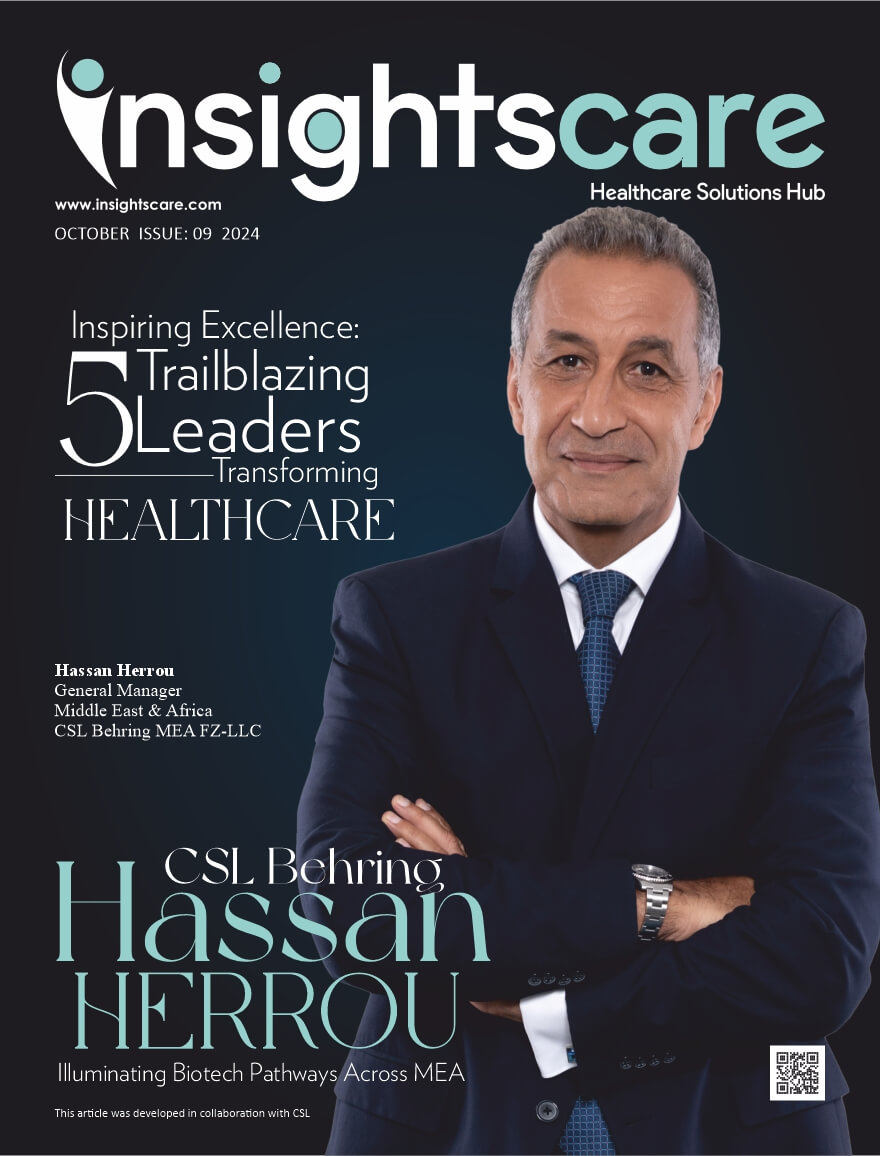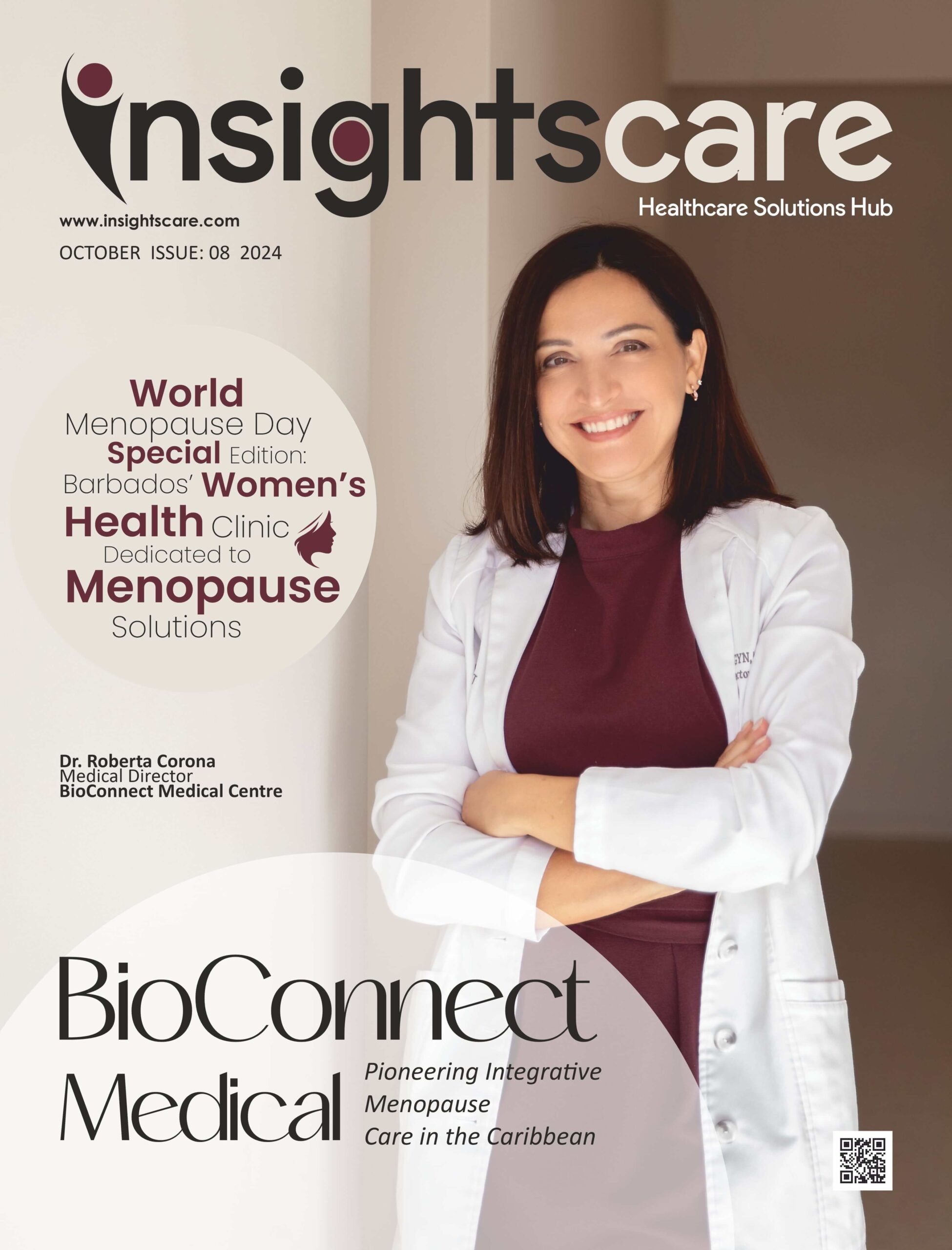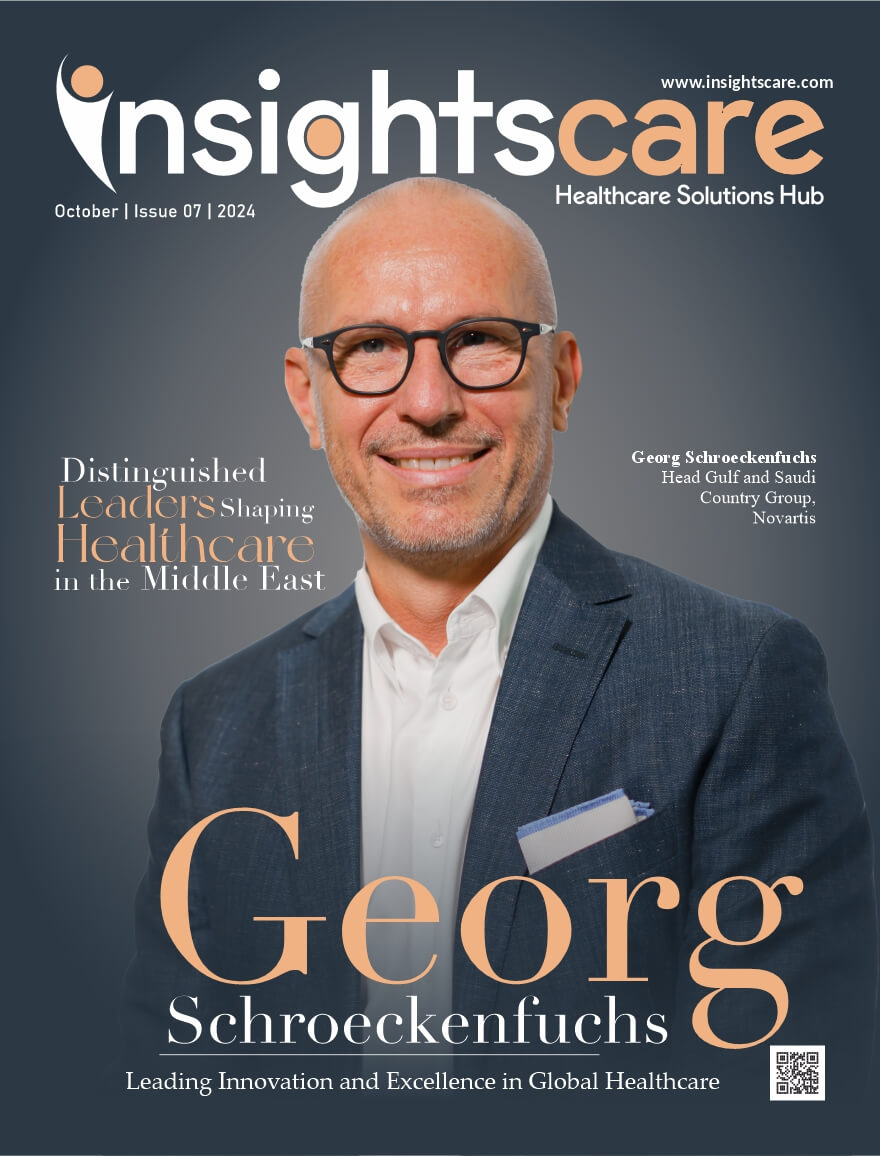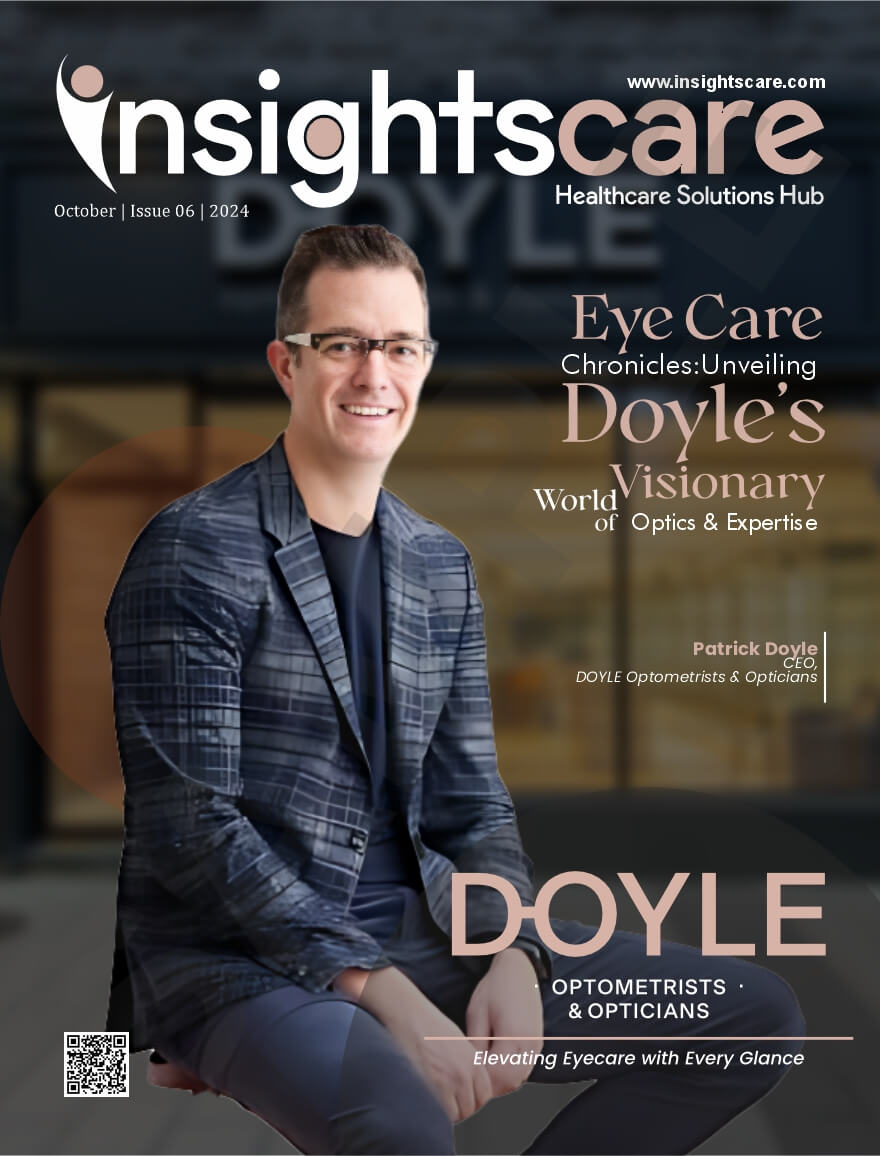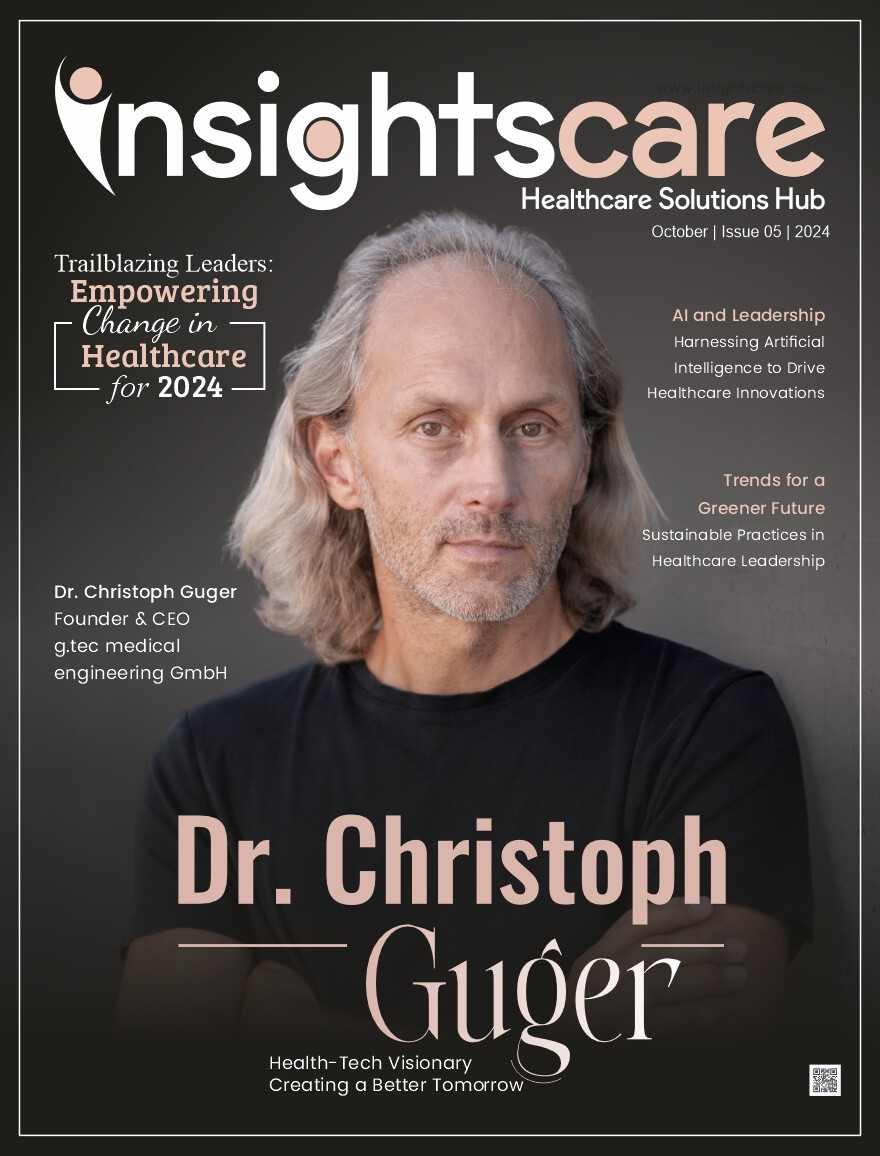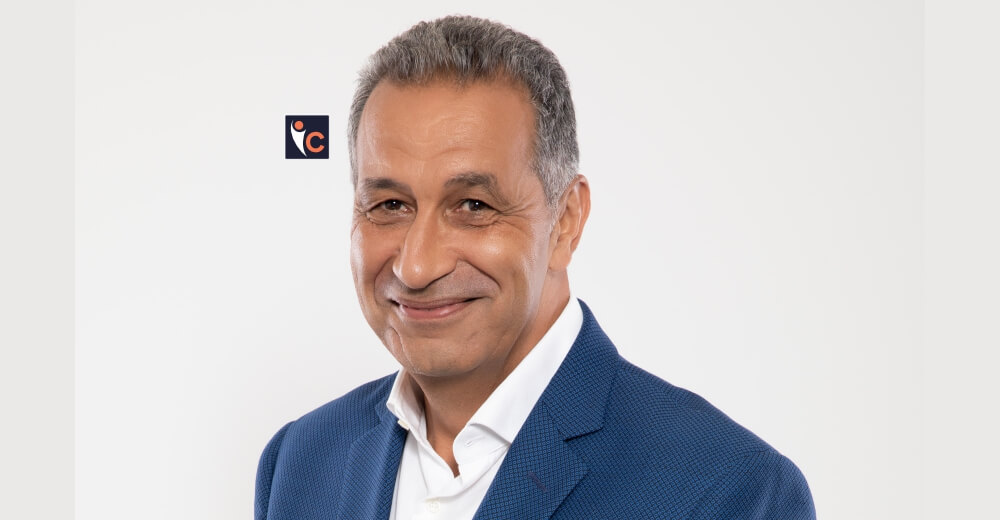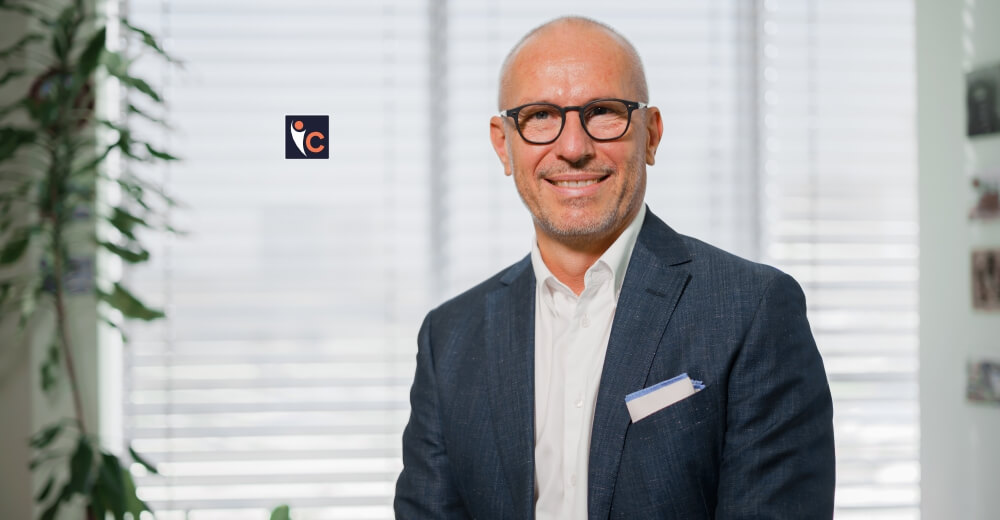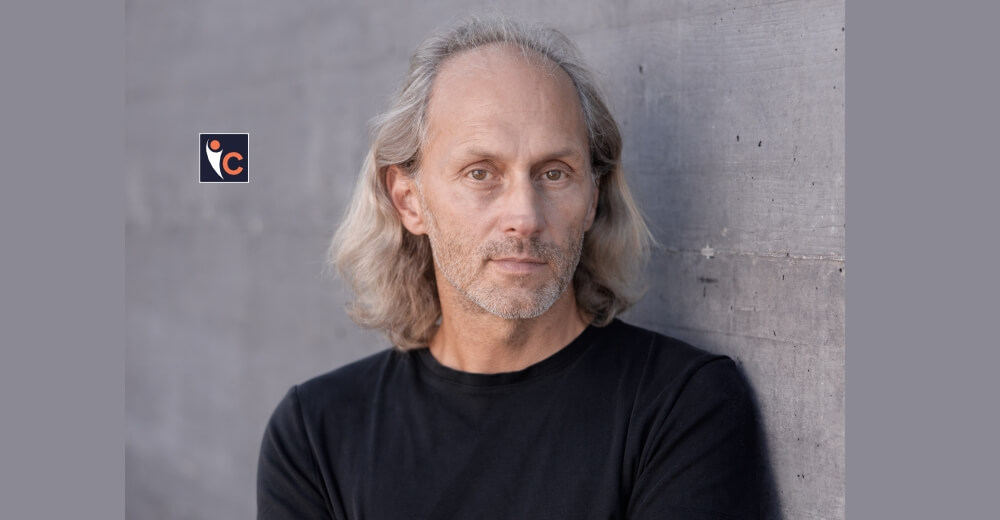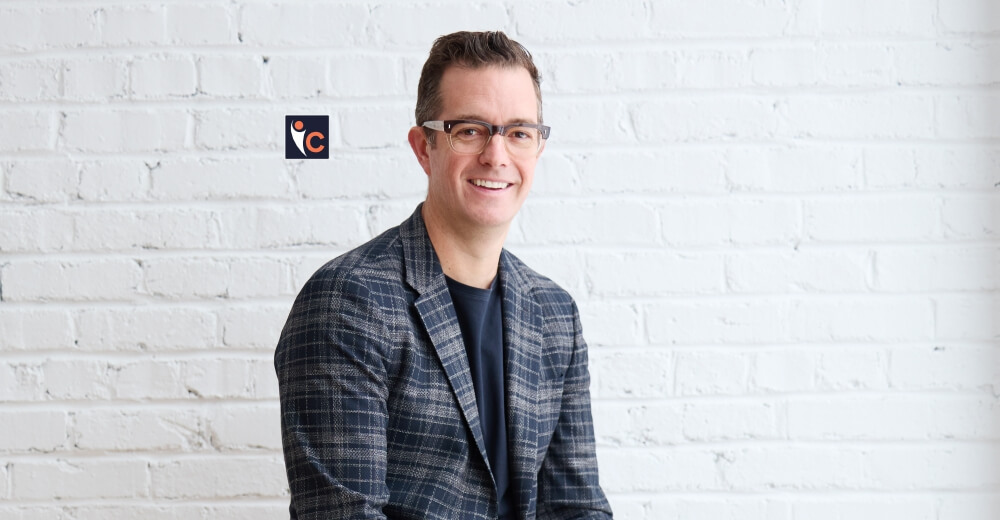Throughout time, scientific discoveries, new understandings and inventions have allowed humans new ways to heal, making them better and stronger. With such dimensions of the scientific community in general and the healthcare community in particular, the human brain remains revered as the most complex, mysterious and studied human organ through research and development.
Aviv Clinics has run the scientific principle at the core of its operations since 2017. Through its healthy brain performance programs, the clinic performs individually tailored treatments to help its clients heal from brain-related digression or injury, while exceeding new levels of brain and body function standards.
Through the leadership of Dr. Shai Efrati, the Chair of Medical Advisory Board for Aviv Scientific, the clinic has successfully treated over 10,000 clients under Aviv protocols. Consequently, a majority of them have marked an improvement in their cognitive function post-Aviv treatment.
Challenges Faced due to Insufficient Oxygen and Damage to the Brain
Most of the damage to the brain is ultimately caused by a decrease in blood flow resulting from the injury. Decreased blood flow means insufficient oxygen delivery to the damaged tissue. In these situations, the brain cannot properly heal on its own.
Brain injuries can be complex to diagnose without the correct tools. The damage appears clearly in scans in instances resulting in moderate to severe brain injury. However, in cases where the damage is mild, the anatomical scans show a “normal” brain which is misleading. This can lead to misdiagnosis of the brain injury or of the severity of the injury and create more difficulties for the patient because the cause of their symptoms is misunderstood.
It is not uncommon to see issues like irritability, anxiety, difficulty focusing, memory problems, restlessness, and more written off as behavioral conditions without acknowledging a brain injury as the root cause. In these far too frequent instances, people, including children, go without proper treatment to address the brain injury directly and are often prescribed medication for these symptoms that they do not need.
Following a Three-Month Mark to Address Brain Injury Due to Concussion
The benchmarks for recognizing symptoms of damage from concussion or brain injury are dependent on the patient. However, if physical and cognitive functions have not recovered after three months following the injury, the patient is experiencing what is referred to as a post-concussion syndrome.
Some of the most common symptoms include physical concerns like headaches, dizziness, blurred or double vision, and light sensitivity, as well as behavioral indications like problems with concentration and/or memory, thinking or speaking more slowly, depression, anxiety, and irritability.
In general, any symptoms that occur or persist after the three-month period following the initial injury are signs that further functionality testing is required. The three-month mark is important because it is unlikely that these neurocognitive functions will return to normal if they have not already. At this point, a person should visit an experienced brain clinic, like Aviv Clinics, to get the best possible diagnosis and treatment.
“To accurately determine if post-concussion syndrome is happening, the patient should seek an advanced, high-resolution scan like Single Photo Emission Computerized Tomography (SPECT) and MRI with Diffusion Tensor Imaging (DTI),” suggests Dr. Efrati.
He adds, “These tests are among those done at Aviv Clinics, where our team of brain experts is able to assess the extent of the injury and create a plan to treat the damage in the brain, as well as improve and enhance the patients’ overall cognitive and physical performance.”
An Alarming Discovery by Dr. Efrati
Underdiagnosis occurs because medical professionals are not conditioned to look at the brain to solve the problem at the source, especially in youth patients. When children are brought into the emergency room or the physician’s office, their symptoms are typically written off as other conditions without consideration of post-concussion syndrome.
In a recent study conducted by Dr. Efrati, alongside his colleagues – they explored the diagnosis of post-concussive syndrome in children. By comparing children who had been admitted to the emergency room for head injuries to a control group of children who visited the ER because of wrist fractures, they found that 25% of those who had suffered a head injury reported post-concussion symptoms months or even years later, while just over 2% of the control group did.
After evaluating each child’s electronic medical records, Dr. Efrati and his colleagues determined that none of the pediatric patients with persistent post-concussion symptoms were categorized or diagnosed. The diagnosis was missed more often than not in these children with brain injury – which is an alarming discovery.
Awareness can be supported with appropriate solutions, starting with implementing proper screening guidelines, including brain scans. “It also comes down to treating the wound. Wounds in the brain should be treated as any other wound on the body. We are too quick to diagnose brain wounds in children as psychological issues rather than as a result of brain injury,” states Dr. Efrati.
Treating Brain Health in the Same Way as Physical Health
When a brain injury is left untreated, a person’s overall functionality declines over time, and s/he cannot live life the way s/he used to. The overall quality of life is at risk, as well as independence and cognitive function.
People with persistent post-concussive symptoms can be impacted in many ways. Some will struggle to think clearly or have memory issues. Some will be unable to sleep, while others will constantly be fatigued and sleep 12 hours a day or more. They can have pain, headaches, vision problems, and emotional and psychological symptoms, all of which can inhibit their work, school, and interpersonal relationships.
“It’s important that brain health is treated the same way as physical health is treated. But right now, that is not happening,” puts Dr. Efrati.
He shares a good example of how concussions are handled in athletes. He notes, “It is more likely for an athlete that has suffered a head injury to quickly return to the game than an athlete who has sprained an ankle. When a brain injury happens, it is imperative that the person rest and monitor their symptoms just as they would with a physical injury. When symptoms persist, medical attention should be sought, and that’s where Aviv Clinics steps in.”
Healing Damage and Achieving Peak Performance – An Objective
Aviv Clinics is a place that is committed to its goal of providing patients with the best quality of care to heal damage and achieve peak brain and body performance. In order to attain its objective, Aviv considers the full health picture of each patient. Aviv’s world-class team of physicians, dietitians, neuropsychologists, physiotherapists, and clinical staff remains the priority.
From start to finish, Aviv’s medical program starts with a pre-assessment, which includes an extremely thorough physical assessment, cellular testing, a cognitive evaluation, and high-resolution brain imaging, which can include an MRI, SPECT scan, or a combination of both. Based on the results, Aviv’s team of multi-disciplined clinicians determine whether the patient is a suitable candidate for the program. For those who are, their individual needs will be addressed in a tailored treatment protocol, which can consist of cognitive therapy, nutritional coaching, a physiotherapy program, and Hyperbaric Oxygen Therapy (HBOT).
The treatment helps to revive the damaged tissue from traumatic experiences that affect the brain by increasing the supply of oxygen to those areas.
“Our research demonstrates that HBOT, when administered with precise fluctuations in oxygen levels, can also induce angiogenesis and neurogenesis, the development of new blood vessels and neurons in the brain. Most importantly, our clinical work suggests that our unique HBOT treatment can improve cognitive abilities, including memory, learning, concentration, attention, and decision-making, as well as the quality of life, even years after a brain injury,” concludes Dr. Efrati.
Linden Perry: Aviv Clinics Post-Concussion Client
“We can’t help you.”
It’s a heartbreaking phrase that Linden Perry and her mother Carissa heard repeatedly from doctors who couldn’t treat Linden’s post-concussion symptoms.
Their concussion journey began with a seemingly minor bump on the head at a soccer practice and a fall the next week playing basketball. Carissa anxiously watched Linden’s symptoms grow from dizziness, nausea and light sensitivity to difficulty concentrating, short term memory issues and double vision.
Even after a few weeks, Linden didn’t feel better. She was unable to pass the cognitive tests needed to return to sports. Worse, she began to struggle in school, something uncommon for the advanced placement honors student.
Soon, visiting medical specialists became a full-time job for Carissa and Linden. Linden was seeing a neurologist, an ophthalmologist, a chiropractor and a neuro-ophthalmologist while also undergoing vestibular rehab, occupational therapy, and vision therapy, often with multiple appointments in a single day.
Yet improvements were minimal at best. Doctors suggested that there may not be an answer for Linden, and recommended therapy and antidepressants.
“She stopped believing she was ever going be who she was before,” Carissa explains. “That’s really hard as a parent to watch.”
A family acquaintance with connections to the NFL suggested that they contact Dr. Joseph Maroon, the team neurosurgeon for the Pittsburgh Steelers and a specialist in concussion prevention and treatment. After Dr. Maroon told Carissa about Aviv Clinics, mother and daughter made the decision to enroll Linden in home school so they could travel to Florida for a 12-week treatment program.
Linden’s customized Aviv Medical Program included physical therapy, cognitive training, and nutritional coaching, all with expert clinicians. She also spent two hours a day with other Aviv clients in a unique hyperbaric oxygen suite, making new friends while working to recover the areas of her brain that were damaged.
With her balance back to normal, her headaches and brain fog dissipated, and her vision improved, Linden was back on the field with her teammates within days of completing the Aviv Medical Program. She is excited to re-enroll in school in the fall, and is thrilled to finally feel like herself again.
| Next Story: https://insightscare.com/mitochon-pharmaceuticals-channeling-the-ability-of-mitochondria-to-create-resilient-protective-cells-in-neurodegeneration-and-aging/ |

